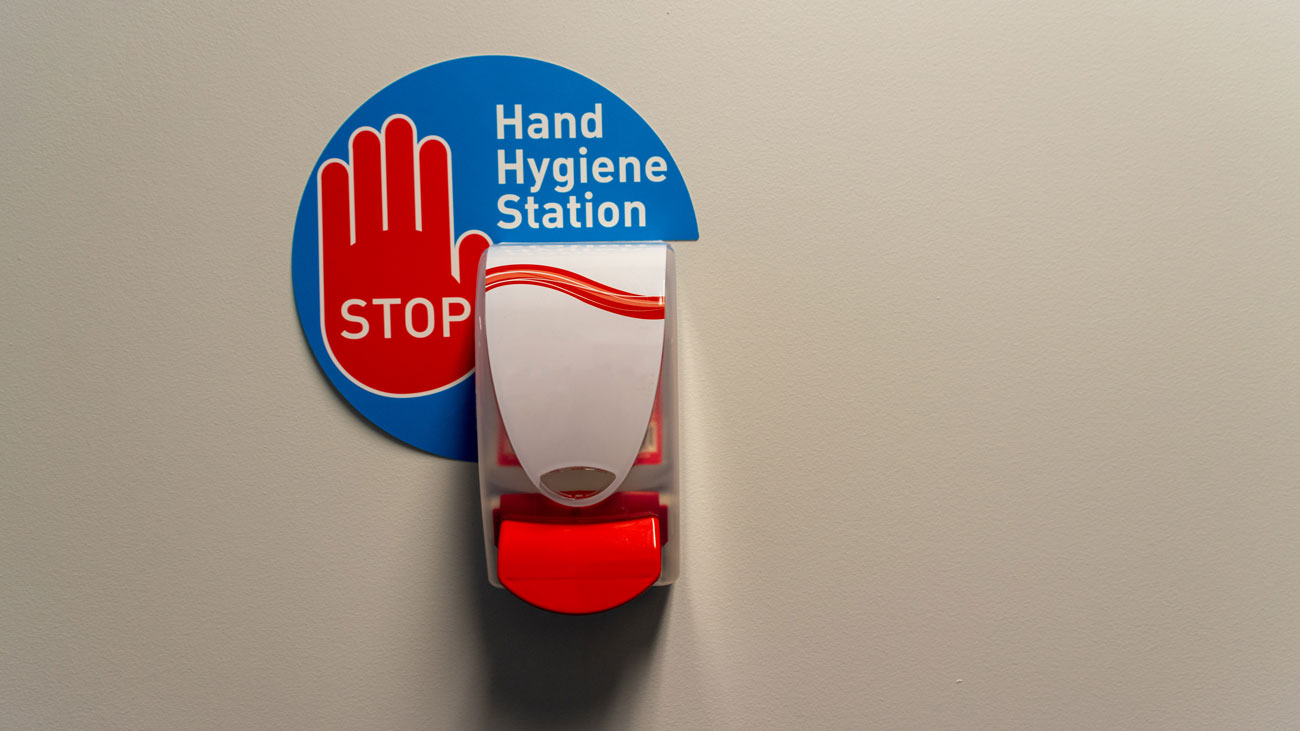
Smarter regulation unveiled to cut red tape
The first dynamic package of deregulatory reforms to grow the economy, cut costs for businesses and support consumers was unveiled by the Government on 10 May to "remove unnecessary red tape and regulatory burdens, ensuring rules and regulation for British businesses is proportionate and takes into consideration wider impacts on consumers, innovation and competition – as well as direct costs".
The new package is the first of a series of deregulation announcements expected this year and is focused on delivering benefits to business. The reduced reporting requirements could save employers over £1bn per year. This, the Government says, will help to "deliver on the government’s priority to grow the economy and is a down payment on the UK’s ambition to have one of the most innovative and agile regulatory regimes in the world".
The package includes:
- Reducing the business burden. Reporting requirements for specific elements of the Working Time Regulations will be reduced, while retaining the 48-hour week requirement and upholding the UK's world leading employment standards. This could save employers around £1bn a year. Regulations that apply when a business transfers to a new owner are also being simplified.
- Ensuring regulation is, by default, the last rather than first response of government by reforming the Better Regulation Framework. The new, smarter framework will ensure future regulation of the UK's changing economy is streamlined, minimises business burdens, and puts forward-looking regulation at the heart of government decisions.
- Improving regulators’ focus on economic growth by ensuring regulatory action is taken only when it is needed, and any action take is proportionate. Following Professor Dame Angela McLean’s review of the regulators’ Growth Duty, the government intends to consult on refreshed guidance on how regulators deliver their growth duties. The government will also consider the merits of commencing statutory reporting and how best to promote growth with utilities regulators, who are currently not in scope of the Growth Duty.
- Promoting competition and productivity in the workplace by limiting the length of non-compete clauses to three months, providing more flexibility for up to five million UK workers to join a competitor or start up a rival business after they have left a position. The change will also provide a boost to the wider UK economy, supporting employers to grow their businesses and increase productivity by widening the talent pool and improving the quality of candidates they can hire.
- Stimulating innovation, investment and growth by announcing two strategic policy statements to steer regulators. The first of these statements has been published for consultation, on energy policy, which will be followed soon after by the government’s strategic steer to the Competition and Markets Authority (CMA).
The Government argues that, over the past few decades, British people have seen a build-up of regulation in every aspect of their lives. Businesses have faced hundreds of new rules, costing time and money to read and comply with thousands of pages of regulations. These rules make it more expensive and harder for start-ups to enter the market or to scale up and grow. They have reduced competition, raised prices and reduced innovation, leaving consumers worse off and UK firms less competitive in global markets.
Business and Trade Secretary, Kemi Badenoch said:
“I have listened to the concerns of business of all sizes and have made it a priority to tackle the red tape that holds back UK firms, reduces their competitiveness in global markets and hampers their growth. We are taking back control of our laws after Brexit, reducing and improving regulation and giving businesses the freedom to do what they do best – sell innovative products, create jobs and grow the economy.”
Tina McKenzie, Policy Chair of the Federation of Small Businesses (FSB) said:
“For years and under all governments, well-meaning ministers have reached to create new regulations in response to issues. This is then repeated under the next set of Ministers - leaving us with a high cumulative burden for business to deal with. We are pleased to see a change of approach here, moving away from regulation as a first resort, alongside a reduction in administrative requirements that divert time away from running a business, and more of a focus for regulators on stimulating economic growth.”







